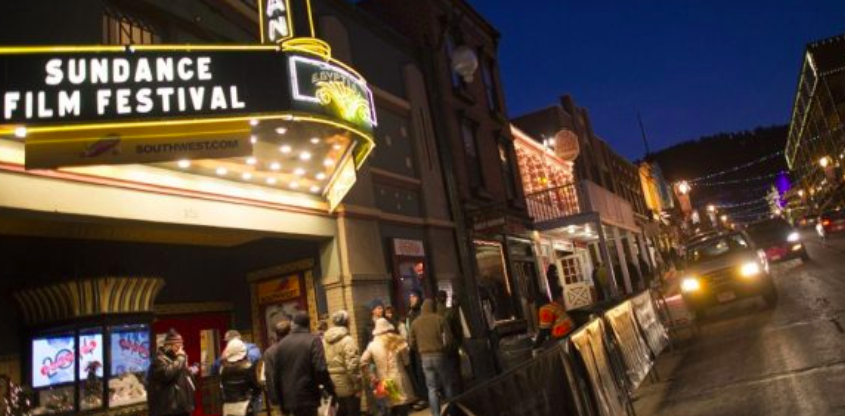Sundance is the most prominent film festival in North America with thousands of films screening each year. This year, Black representation in the programming slate has been explosive. From projects like Sorry to Bother You, Blindspotting, Hale County: This Morning, This Evening, Two Dope Queens, Francesca and many others, there are so many projects to screen and write about — effectively putting them on the world's radar before many of them even receive distribution. However, as I stood in the press lines each day, or in waiting rooms before my interviews, I was one of the only people color. Aside from Black Girls Nerds Editor-in-Chief Jamie Broadnax, and her crew, Sundance seemed void of writers from Black publications covering the various films and events. But why is that this case?
On Sunday, the fourth day of Sundance 2018, I sat in a packed theater having just screened the forthcoming Netflix film, Come Sunday. The film stars Chiwetel Ejiofor, Condola Rashad, Danny Glover and Lakeith Stanfield and tells the true story of Bishop Carlton Pearson, an evangelical megastar whose life-altering epiphany shifts his entire theology. The film stemmed from an episode of NPR’s This American Life. Though the film boasts almost an entirely Black cast, the director, writers and producers were all white. Both the cast and crew were on stage for a Q&A after the screening, when someone from the majority white audience blurted out, “We want to hear the people of color speak on stage, no more white people!" The crowd immediately quieted until Stanfield took the mic and jokingly broke the awkward silence. Up until that point, none of the actors of color has spoken. As I chuckled to myself, I realized, that however uncomfortable that moment may have been, it raised several questions about Black stories and who gets to present and speak about them to the world.
Continue reading at Shadow and Act.

